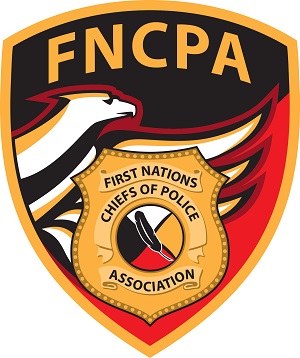Matrimonial Real Property

Price
Free
Hosted for ‘free’ by the FNCPA to approved First Nations Police and policing partners
Content Provider:
First Nations Chiefs of Police Associations
Tagged Categories:
- Legislative Awareness
Language
En/Fr
Length
1 Hour(s)
Release Date
February 2021
The First Nations Chiefs of Police Association (FNCPA) was formed as a not-for-profit organization on January 7, 1993. The mandate of the FNCPA is to serve First Nations police services and First Nations territories across Canada by facilitating the highest level of professionalism and accountability, in a manner that reflects the unique cultures, constitutional status, social circumstances, traditions, and aspirations of First Nations. The FNCPA speaks as one voice to advance and sustain self-administered First Nations’ policing in Canada, by aiding and developing innovative methods to enhance public safety and wellness, while embracing our communities’ unique cultural and traditional values.
This course is designed specifically for First Nations police services as an introduction to Matrimonial Real Property (MRP) issues, legislation, and policing on First Nations territories. The goal is to provide police officers working on First Nations with the information required to respond to MRP policing issues.
When you have completed this course you will be able to:
- Recall matrimonial rights and legal protections relating to matrimonial real property under the Family Homes on Reserves and Matrimonial Interests or Rights Act
- Recognize when the Federal Provisional Rules apply and identify the responsibilities of police officers when enforcing Emergency Protection Orders and Exclusive Occupation Orders
- Identify the purpose of an Emergency Protection Order and the effect of an active order, judicial considerations when granting an Emergency Protection Order, and the role of a police officer when an Emergency Protection Order is in place
- Identify the purpose of an Exclusive Occupation Order, the court considerations when issuing an Exclusive Occupation Order, and the responsibilities of police officers when an Exclusive Occupation Order is in force
Acknowledgements
The First Nations Chiefs of Police Association wishes to thank:
- Ray Levesque, Senior Advisor – Public Safety Canada
- Centre of Excellence for Matrimonial Real Property
- National Aboriginal Policing Services – RCMP
- Indigenous and Northern Affairs
- Tsuu T’ina Police Services
- Rama Police Services
- Dean St. Germain
- Jani Lauzon
